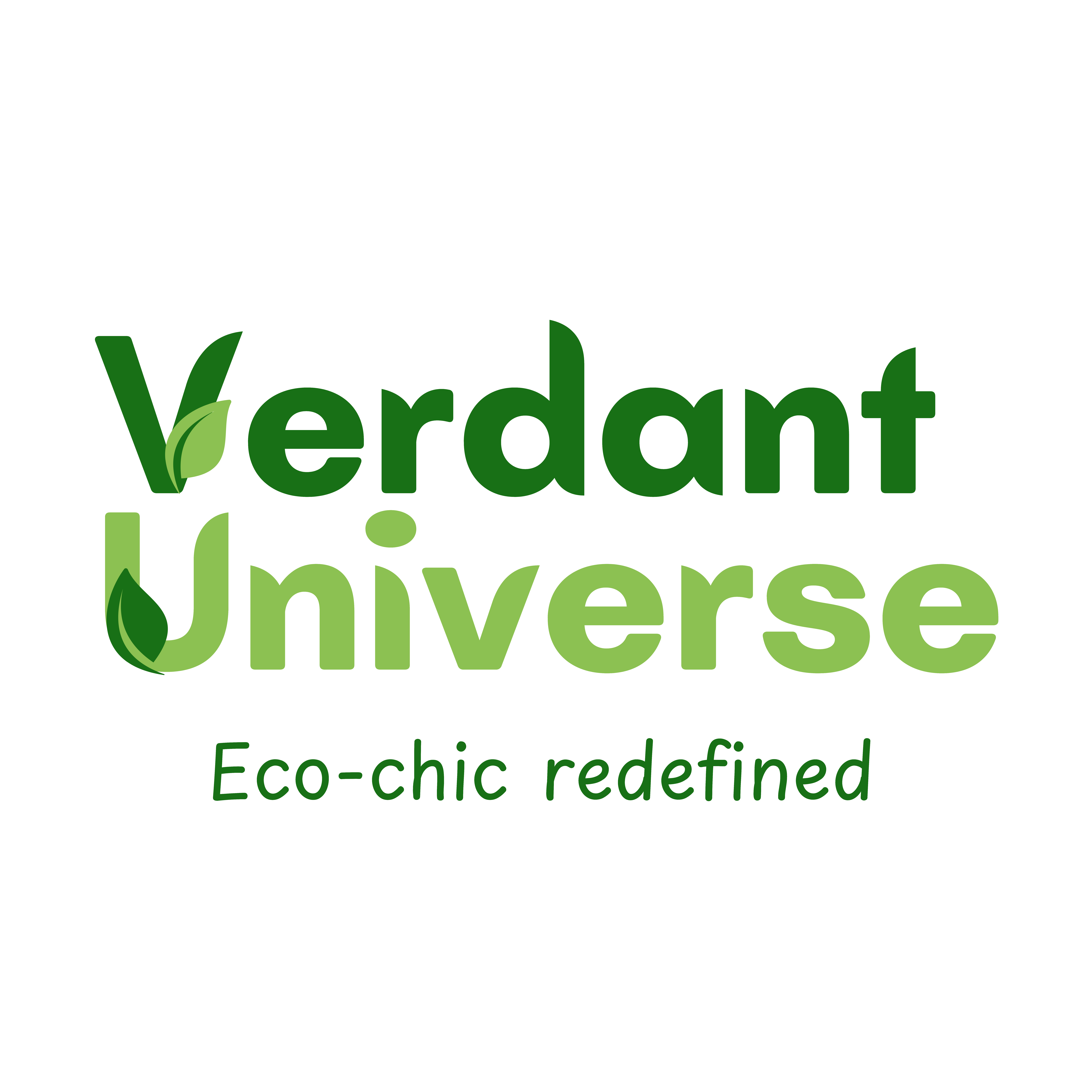Organic Cotton vs. Conventional Cotton: Choosing Sustainability in Fashion
- Jan 8, 2025
- 3 min read
Updated: Jan 9, 2025

Cotton has been a staple in clothing and textiles for thousands of years. Today, it remains the second most popular apparel fiber, contributing 24% to global fiber production. This essential crop supports the livelihoods of over 350 million people, many in low-income countries. However, with growing concerns about climate change and environmental degradation, the way cotton is produced is under intense scrutiny.
The fashion industry's environmental footprint has pushed major global brands to commit to the 2025 Sustainable Cotton Pact, pledging to use only sustainable cotton by 2025. But what does sustainable cotton entail, and how does organic cotton measure up to conventional cotton?
Understanding the Environmental Impact of Cotton
Cotton is inherently renewable and biodegradable, yet its cultivation and processing can take a significant toll on the environment.
Conventional Cotton: Conventional cotton farming is resource-intensive, consuming vast amounts of water and relying heavily on pesticides and fertilizers. Shockingly, it accounts for 16% of the world's insecticide use and 6% of pesticide use annually. These chemicals often leach into groundwater, harming ecosystems, biodiversity, and human health. Producing just one cotton T-shirt requires approximately 2,700 liters of water—the equivalent of nearly three years' worth of drinking water for one person. The human cost is also staggering. Farmers exposed to harmful chemicals risk serious health issues, including cancer and reproductive problems.
Organic Cotton: Organic cotton eliminates the use of synthetic chemicals and genetically modified seeds. It promotes soil health, conserves water, and fosters biodiversity. By focusing on sustainable practices like crop rotation and composting, organic cotton farming minimizes environmental damage while improving the well-being of farmers.

Key Differences: Organic vs. Conventional Cotton
Environmental Impact
Organic Cotton:
Reduces chemical pollution by avoiding pesticides and synthetic fertilizers.
Conserves water through efficient irrigation and farming methods.
Enhances soil fertility and supports biodiversity.
Conventional Cotton:
Heavy chemical use pollutes soil and water.
Intensive farming depletes soil nutrients and leads to erosion.
Water-intensive practices contribute to scarcity and contamination.
Quality and Comfort
Organic Cotton:
Softer and more comfortable due to the absence of harsh chemicals in processing.
Hypoallergenic, making it ideal for sensitive skin.
More durable as fibers are not weakened by chemical treatments.
Conventional Cotton:
Often blended with synthetic fibers to enhance durability.
Readily available and cost-effective but lacks the same softness and safety.
Cost
Organic Cotton:
Typically more expensive due to labor-intensive practices, lower yields, and investments in sustainable farming methods.
Focuses on quality over quantity.
Conventional Cotton:
Cheaper due to chemical inputs, high yields, and industrial farming efficiency.
Prioritizes quantity over sustainability.
The Verdict: Which Cotton is Better?
Organic cotton is far less harmful than conventional cotton. Certifications like GOTS (Global Organic Textile Standard) help ensure that garments are produced sustainably from seed to finished product, addressing both environmental and social considerations.
Ultimately, the best way is to adopt a slower approach to fashion—buying high-quality items, caring for garments to extend their lifespan, and making thoughtful purchasing decisions.

The Path Forward
As consumers and businesses alike strive for more sustainable solutions, organic cotton emerges as a clear leader in reducing environmental harm and promoting ethical practices. By choosing certified organic cotton, we can help drive the industry toward a more sustainable future.
At Verdant Universe, we are proud to offer garments made from GOTS-certified organic cotton, ensuring our products meet the highest standards for quality and sustainability. Together, let’s redefine the fashion industry—one garment at a time.
Join the Movement

Explore our range of eco-conscious apparel and discover how Verdant Universe is making sustainability stylish. Sign up today to align your business with the future of ethical fashion.
